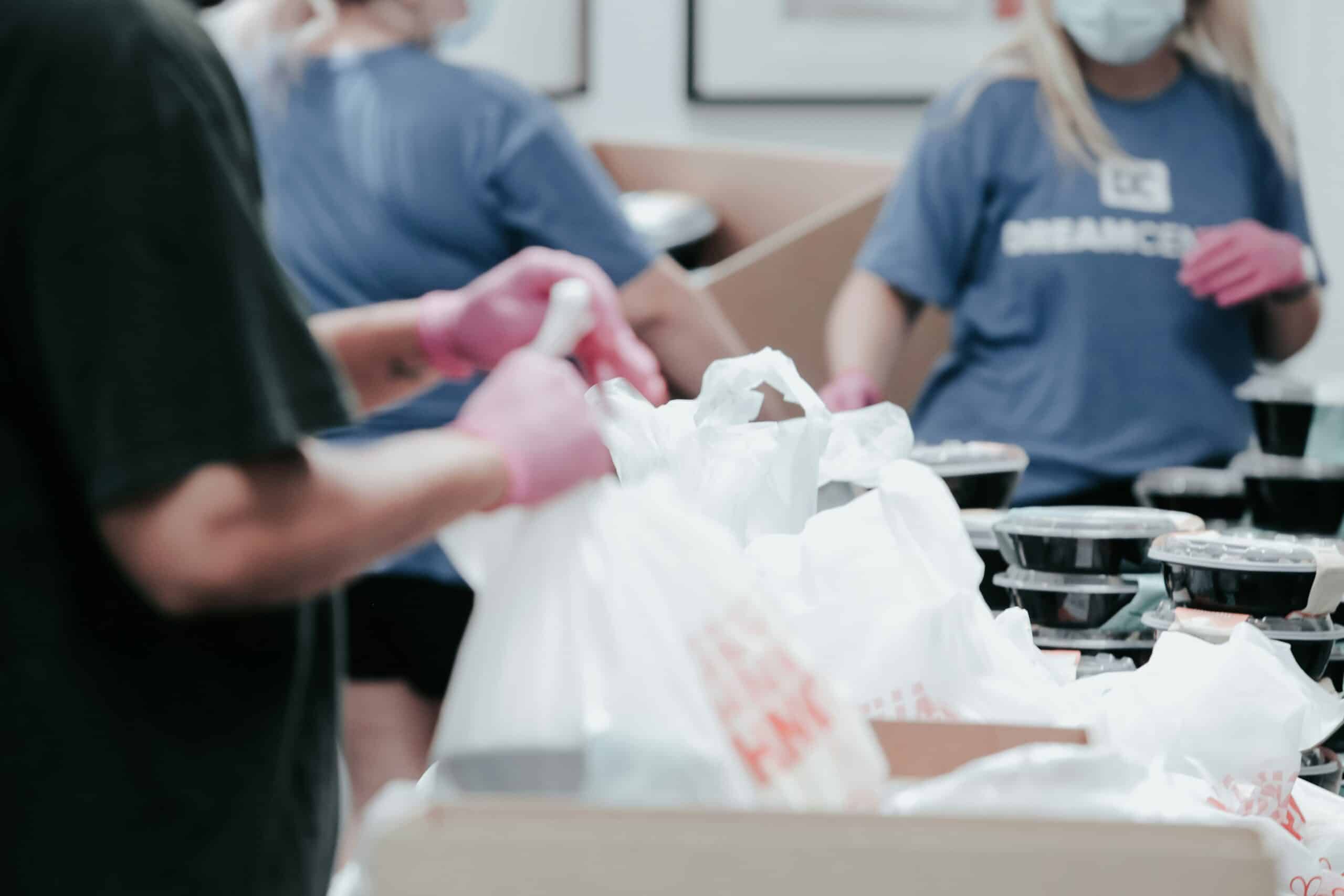This move comes as food banks across Canada are seeing record-high demand, driven by rising food prices and increasing unemployment.
The Greater Vancouver Food Bank has faced criticism for its decision to exclude new international students from its services.
According to a report in The Langara Voice, Emma Nelson, communications manager at GVFB, explained that the policy is in place because the federal government requires international students to have “substantial savings” before arriving in Canada.
Effective January 1, Canada more than doubled the cost-of-living financial requirement for international students, raising it from $10,000 to $20,635.
This amount, revised for the first time in two decades, will be adjusted annually based on a Statistics Canada benchmark for living expenses.
“After a year, these savings will likely have been used up, and food insecurity is a genuine possibility,” she told the publication, run by journalism students at Langara College.
But Nelson’s suggestions were refuted by non-profit organisations such as the Khalsa Aid.
After a year, these savings will likely have been used up, and food insecurity is a genuine possibility
Emma Nelson, GVFB
Khalsa Aid’s Metro Vancouver team distributes between 200 and 300 food packs to international students each month in Surrey, British Columbia.
Baljit Kamoh, Khalsa’s Vancouver regional director, said demand for these packs spikes at the start of each term, likely because new students are often unaware of the services available to them.
According to Kamoh, international students generally feel more stable in their community after a year.
She further highlighted that the number of international students using GVFB drops by the time they are in their second year.
According to Kamoh’s website, post-secondary students accounted for 24 percent of new GVFB registrants in the past year, which is expected to rise.
According to Canadian media reports, over two million Canadians used a food bank in March of this year, compared to one million in March 2018.
Dan Huang-Taylor, executive director of Food Banks BC, told TLV that the number of post-secondary students in B.C. using food banks more than doubled between 2019 and 2023.





